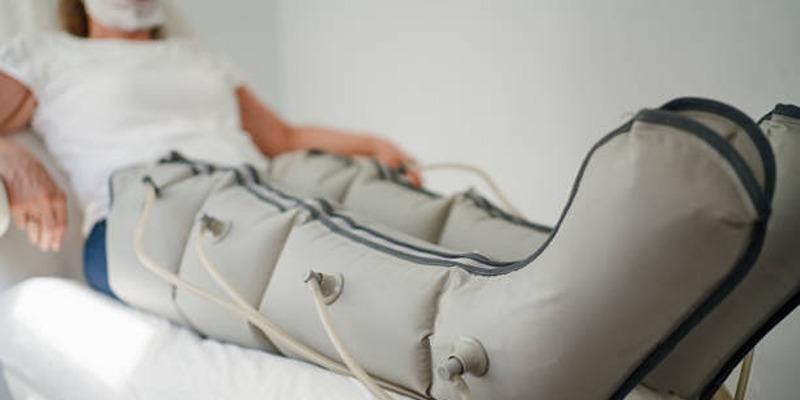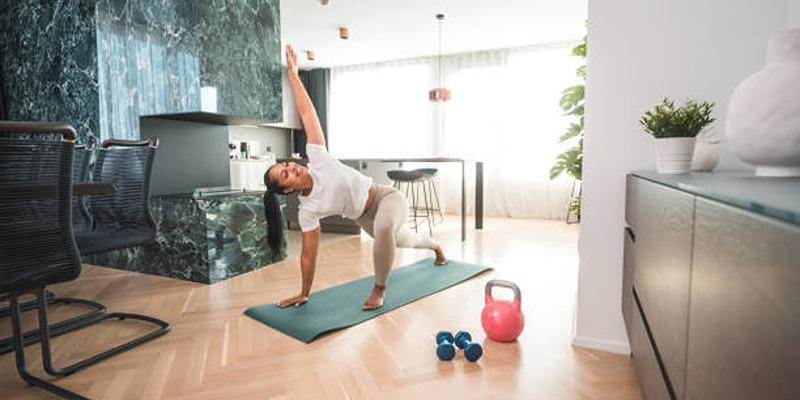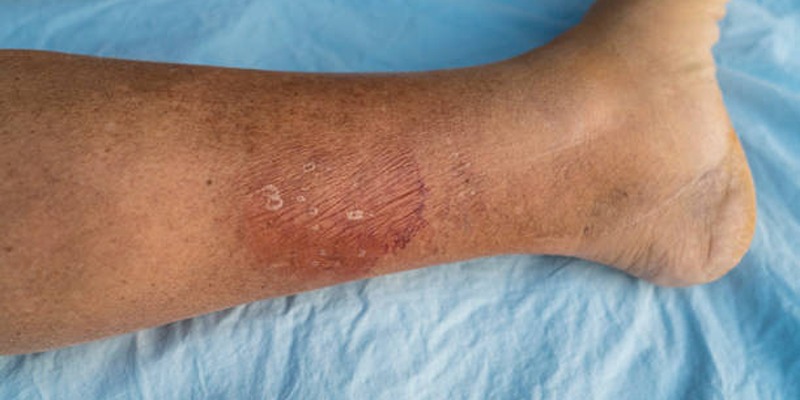10 Effective Natural Treatments for Orthostatic Intolerance
Orthostatic intolerance (OI) is a condition in which a patient cannot stand or sit calmly without feeling faint, dizzy, weary or passing out. It arise as an outcome of alterations in the physiological adaptations that occur as a result of standing. Though it has different kinds of treatments concerning traditional medicine, people with OI opt for ways that would enhance their health and contribute unto dealing with its main cause. Interventions that have been evidenced in the study include dietary changes, hydration plan, and leisure exercises, which go along way in helping with the symptoms of the condition and making life closer to normal.
1. Make Hydration a Priority
Proper hydration is one of the most effective ways to manage orthostatic intolerance. Staying well-hydrated helps maintain blood volume, which can alleviate symptoms such as dizziness, fatigue, and poor circulation when moving to an upright position.
Aim to drink 2-3 liters of water daily, adjusting for factors like warm weather, physical activity, or illness, which can increase your fluid needs. Consistency is key—keep a water bottle nearby to remind yourself to sip throughout the day.
Pro Tip: Boost your hydration by incorporating electrolytes into your routine. Essential electrolytes like sodium, potassium, and magnesium support fluid balance and enhance hydration efficiency. You can add these naturally with options like coconut water or a pinch of sea salt in water, or opt for electrolyte solutions specifically designed to support hydration.
2. Increase Your Sodium Intake
Sodium plays a vital role in regulating blood volume, blood pressure, and hydration levels. For those managing orthostatic intolerance, boosting sodium intake can help the body retain fluids, enhance circulation, and alleviate symptoms such as dizziness or lightheadedness. However, these adjustments should always be made under the supervision of a healthcare professional, as excessive sodium consumption can negatively impact heart and kidney health.
Recommended Foods: Opt for natural, sodium-rich options like olives, pickles, fermented vegetables, or lightly salted nuts. These choices not only provide a healthy dose of sodium but also offer added benefits like healthy fats and probiotics. Avoid processed or overly salted snacks, which often contain harmful additives and lack essential nutrients.
3. Wear Compression Garments

Compression garments, such as stockings or abdominal binders, can be highly effective in improving blood flow and preventing blood from pooling in the lower body. This is particularly beneficial for those who experience lightheadedness or dizziness when standing. By applying gentle, consistent pressure to the veins, these garments promote better circulation and help maintain stable blood pressure, making them especially useful for individuals with conditions like orthostatic hypotension or poor circulation.
Important: Always consult a healthcare professional to ensure the compression garment you choose is safe and appropriate for your condition.
4. Embrace a Balanced Diet
A nutrient-rich, balanced diet is key to supporting cardiovascular health, maintaining steady energy levels, and promoting overall well-being. The food you consume plays a central role in how your body functions, particularly in fueling your heart and sustaining energy reserves. Focus on whole, unprocessed foods packed with essential nutrients to nourish your body effectively:
- Iron (found in spinach, lentils, lean meats, tofu, and fortified cereals) helps combat fatigue and boosts vitality by aiding red blood cell production, ensuring oxygen is efficiently delivered to your muscles and organs.
- B-vitamins (from eggs, whole grains, avocados, leafy greens, and legumes) are vital for energy production and a healthy nervous system, helping your body convert food into usable energy with greater efficiency.
- Antioxidants (abundant in berries, nuts, dark chocolate, green tea, and vibrant vegetables) fight inflammation, shield cells from damage caused by free radicals, and support long-term health and vitality.
Eating smaller, more frequent meals throughout the day can help stabilize blood pressure, prevent blood sugar fluctuations, and avoid the energy crashes that often follow heavy meals.
5. Make Regular Physical Activity a Priority
Incorporating regular physical activity into your routine is essential for improving cardiovascular health and boosting circulation. Low-impact exercises like walking, swimming, or yoga not only enhance blood flow but also reduce stiffness, increase flexibility, and alleviate discomfort, ultimately improving mobility. Strengthening the muscles in your legs is especially beneficial, as strong leg muscles help return blood to the heart more efficiently, easing pressure on veins and promoting better overall circulation.
Note: If you're new to exercise or managing specific health concerns, start with gentle movements and gradually increase intensity to prevent strain or aggravating symptoms.
6. Master Postural Awareness
Managing posture changes is key to alleviating symptoms. Transitioning from lying down to standing should be done slowly and with intention. Start by sitting on the edge of the bed for a few moments to allow your body time to adjust before rising.
Pro Tip: Avoid standing in one place for extended periods, as this can increase blood pooling in the legs and exacerbate symptoms.
7. Harness the Power of Adaptogenic Herbs
Adaptogenic herbs are a natural way to help your body manage stress and support overall balance. Here are some popular options:
- Ashwagandha: Renowned for its ability to regulate stress and promote calm.
- Rhodiola Rosea: Boosts energy levels and enhances physical endurance.
- Licorice Root: Supports healthy blood pressure regulation.
Important: Always consult with a healthcare professional before adding adaptogenic herbs to your routine.
8. Elevate Your Bed for Better Sleep
Raising the head of your bed slightly can help regulate blood pressure and minimize morning symptoms. Simply use risers or sturdy blocks to create a gentle incline.
Why it Works: Elevating your bed prevents excessive fluid buildup in the lower body while you sleep, promoting better circulation and overall comfort.
9. Minimize Triggers
Recognizing and minimizing specific triggers is key to managing orthostatic intolerance. Common factors to watch out for include:
- Standing for long periods.
- Dehydration.
- Excessive heat exposure.
Practical Tips: Stay hydrated, wear light and breathable clothing in warm weather, and take regular breaks to sit or recline when standing for extended periods. Small adjustments like these can make a big difference.
10. Mind-Body Practices

Managing stress is essential, as it can worsen orthostatic intolerance symptoms. Incorporating mind-body techniques such as deep breathing, meditation, and progressive muscle relaxation can help soothe the nervous system and build overall resilience.
Suggested Practices:
- Deep Breathing: Practice a calming rhythm by inhaling for four counts, holding for four, and exhaling for six.
- Meditation Apps: Use guided sessions to follow structured relaxation techniques and cultivate mindfulness.
Conclusion:
Orthostatic intolerance can profoundly affect daily life, but natural remedies often offer substantial relief. Prioritizing hydration, balanced nutrition, regular physical activity, and thoughtful lifestyle changes can help many individuals alleviate symptoms and enhance their overall well-being. Collaborating with a healthcare provider is crucial to create a personalized plan that integrates these natural strategies effectively.












